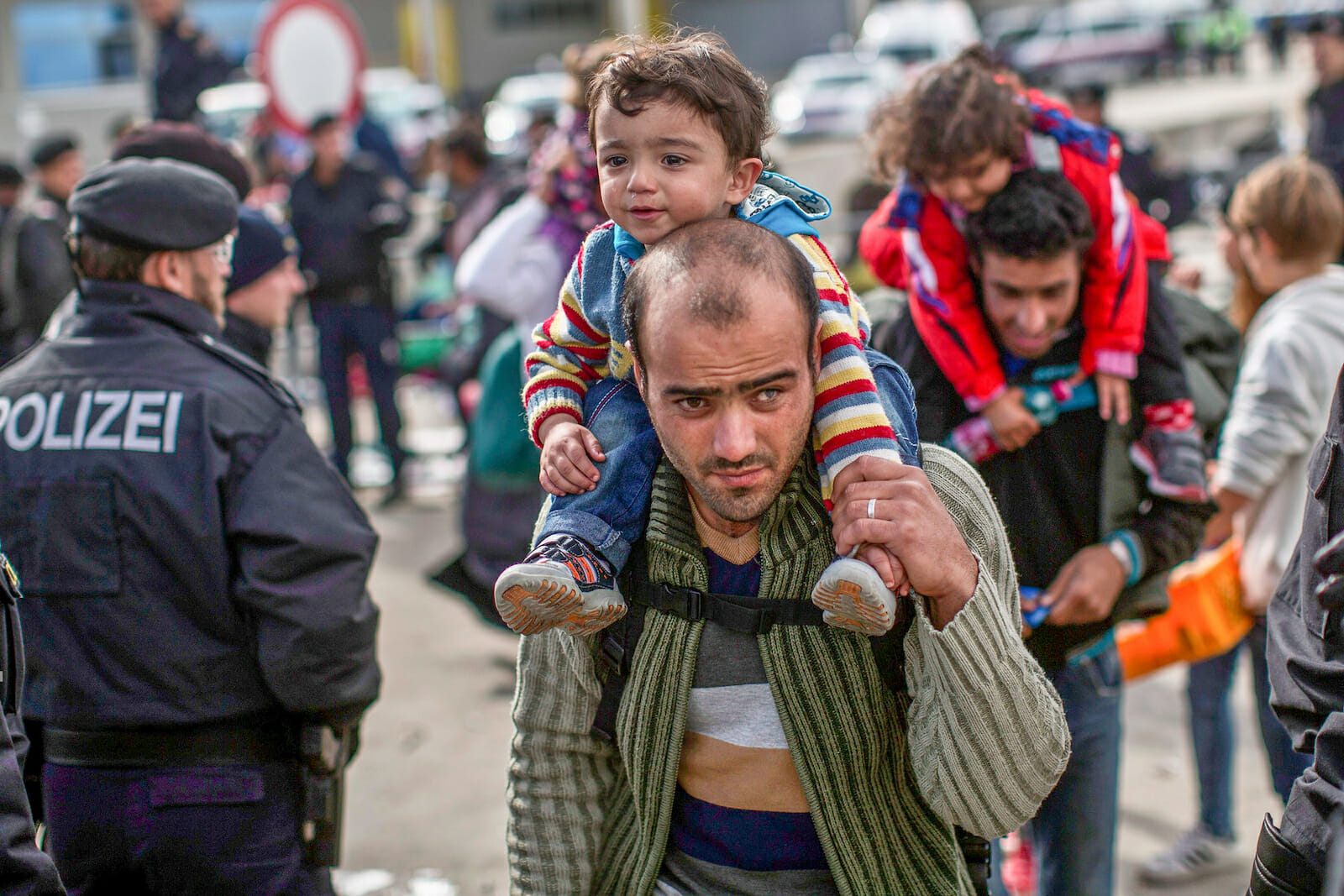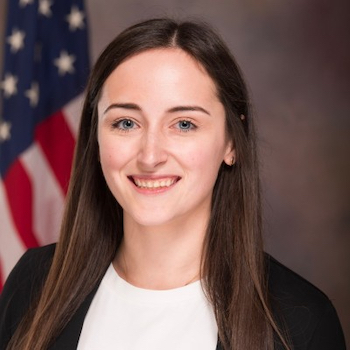
‘America First’ Cannot Mean ‘America Only’: The U.S. and Syrian Refugees
“Give me your tired, your poor, Your huddled masses yearning to breathe free…” These words by Emma Lazarus at the base of the Statue of Liberty describe America as a safe haven for the “tempest-tossed.” Her words rang true a century ago. The U.S. opened its doors to the Irish fleeing famine, Italians escaping poverty, and Poles evading persecution. The Trump administration has announced that it will limit refugee admissions to 18,000 people per year– marking a historic low. How have we fallen so far?
We must look past the chaos of current U.S. policy in Syria to focus on those most in need: the victims of the Islamic State and Syria’s civil war. In 2015, we watched in horror as the body of a 3-year-old Syrian boy, Alan Kurdi, washed up on a Mediterranean shore. We can no longer just watch and wait. Half of Syria’s pre-war population of 22 million is displaced, and more than 5 million are refugees. We can start honoring our legacy by accepting more than the tiny number of Syrian refugees (62) we did last year.
It is no secret that the current administration has problems with immigrants. It has bolstered “the wall” rhetoric, implemented the 2017 Muslim travel ban, and decreased the cap on refugee admissions each year, all in the name of “America first.” What it fails to recognize, however, is that immigrants – including refugees – make America, and make it great. Allowing Syrian refugees an opportunity to build their own American dream aligns with our founding principles, and benefits both our domestic economy and national security.
First and foremost, the U.S. has a responsibility to uphold its moral and humanitarian values. As horrible war crimes persist in Syria, this responsibility becomes more important. Russian-backed Syrian government forces are targeting the sick in civilian hospitals. Abandoned children of Americans who joined the Islamic State in Syria are being left for dead in refugee camps. Welcoming Syrian refugees shows our disapproval of Assad’s regime and demonstrates our values and support for the regime’s victims.
Second, accepting more Syrian refugees will positively impact the U.S. economy. Refugees accept jobs that American workers consider dangerous or undesirable. They do not compete for jobs that require native fluency in English. Refugees are also statistically more likely to become entrepreneurs, creating businesses and jobs.
Third, a stronger U.S. role in the Syrian refugee crisis will contribute to regional stability and security. Resource-poor Lebanon, Jordan, and NATO-ally Turkey currently shoulder much of the refugee burden. Lebanon hosts 156 Syrians per 1,000 inhabitants, Jordan 72 per 1,000, and Turkey 45 per 1,000. Under the new refugee cap, the U.S. will accept just 1 per 17,000. Instability in these countries would risk U.S. strategic partnerships, and place American expatriates and soldiers stationed there in harm’s way. Accepting more Syrian refugees would lessen pressure on our allies, and reduce risks for us.
Critics cite security risks as the primary reason to restrict Syrian refugees. The notion that Muslims pose a terrorism risk to the U.S. is not only xenophobic and intolerant but statistically untrue. Of the 3 million refugees that the U.S. has accepted since 1980, none have been tied to any acts of terrorism. Given the intensive vetting process, refugees must complete before arrival, the government has more information on each of them than any other person entering the country. The U.S. must always take measures to protect its citizens, but expending these efforts against refugees is misplaced and ineffective.
A lot has changed since Emma Lazarus wrote those words at the base of the Statue of Liberty. Yet our values have not. The U.S. has a legacy of accepting those seeking refuge, and we should remain true to it. We must embrace our democratic values, and fulfill our moral and humanitarian responsibility to accept Syrian refugees. We can, we should, and we must. The age of America first and America only is over: it is time to return to America for all.
